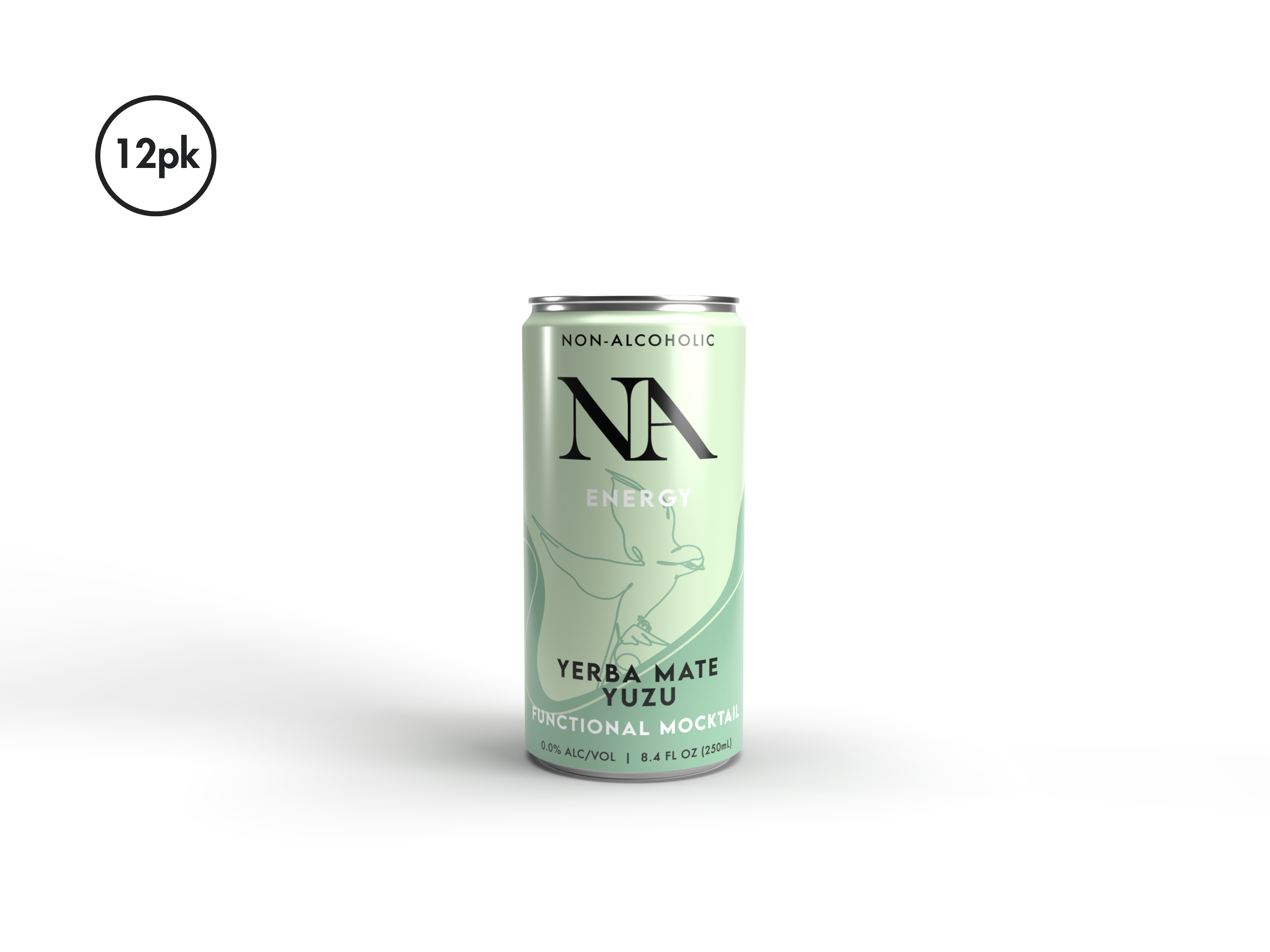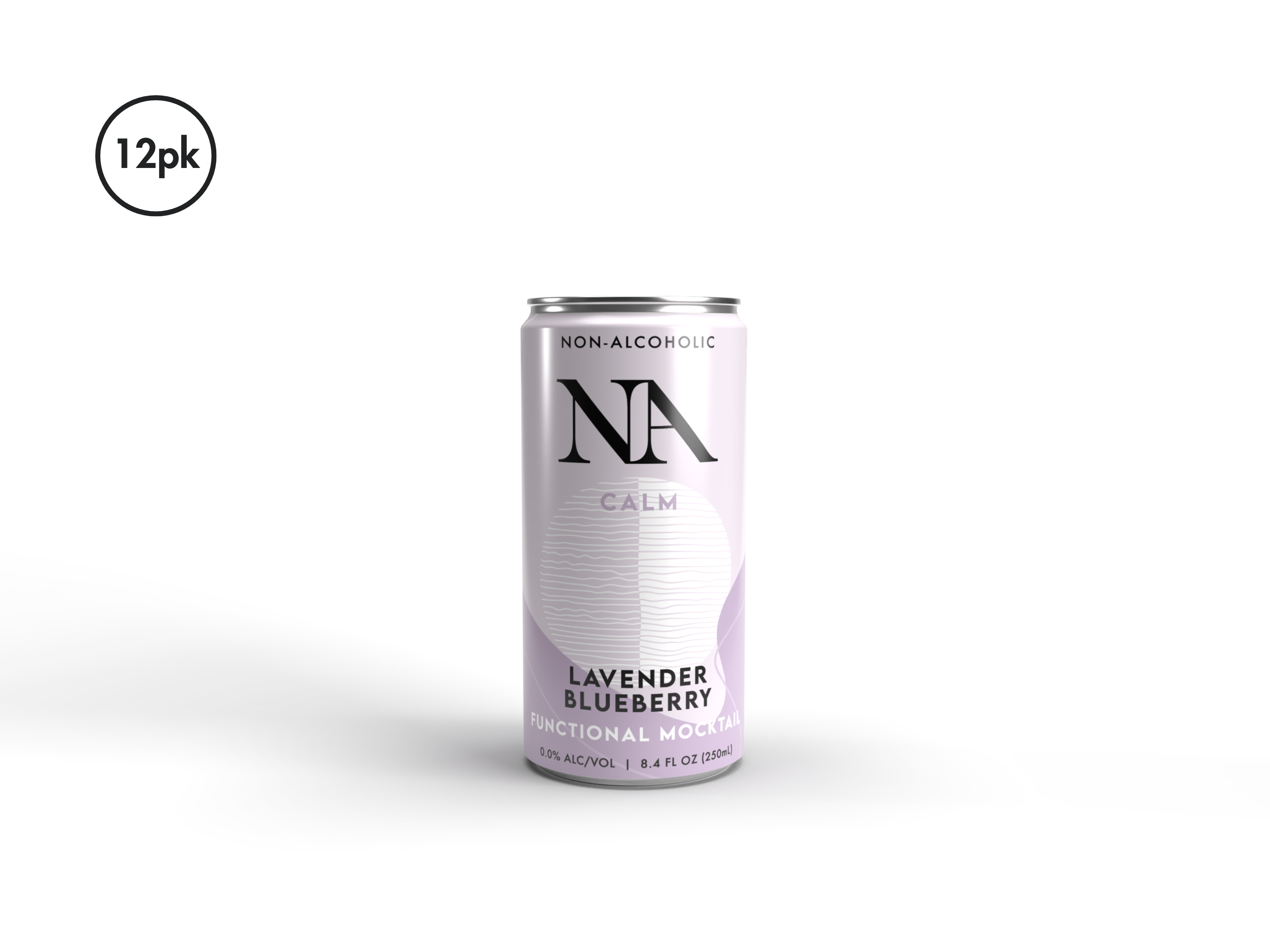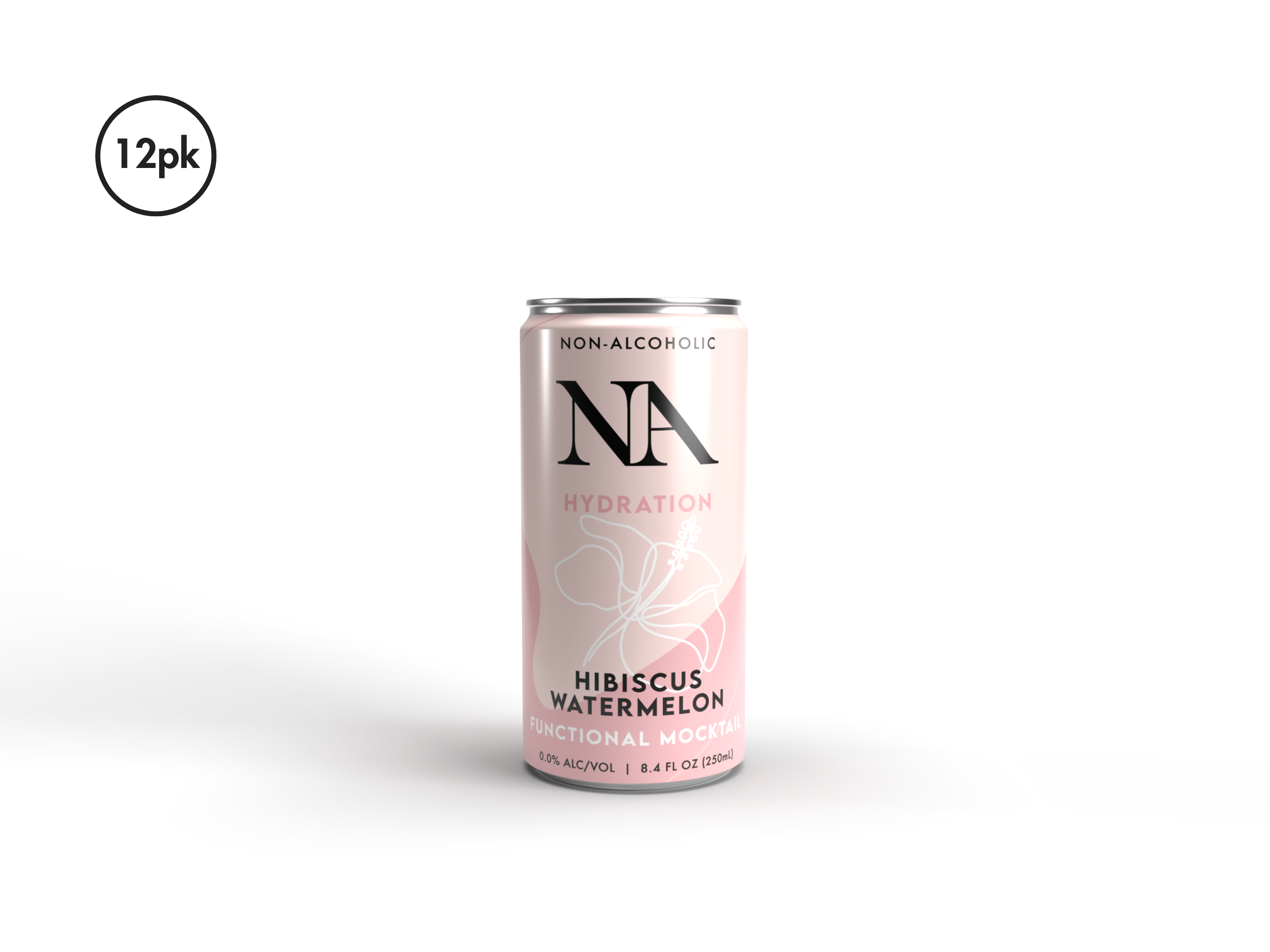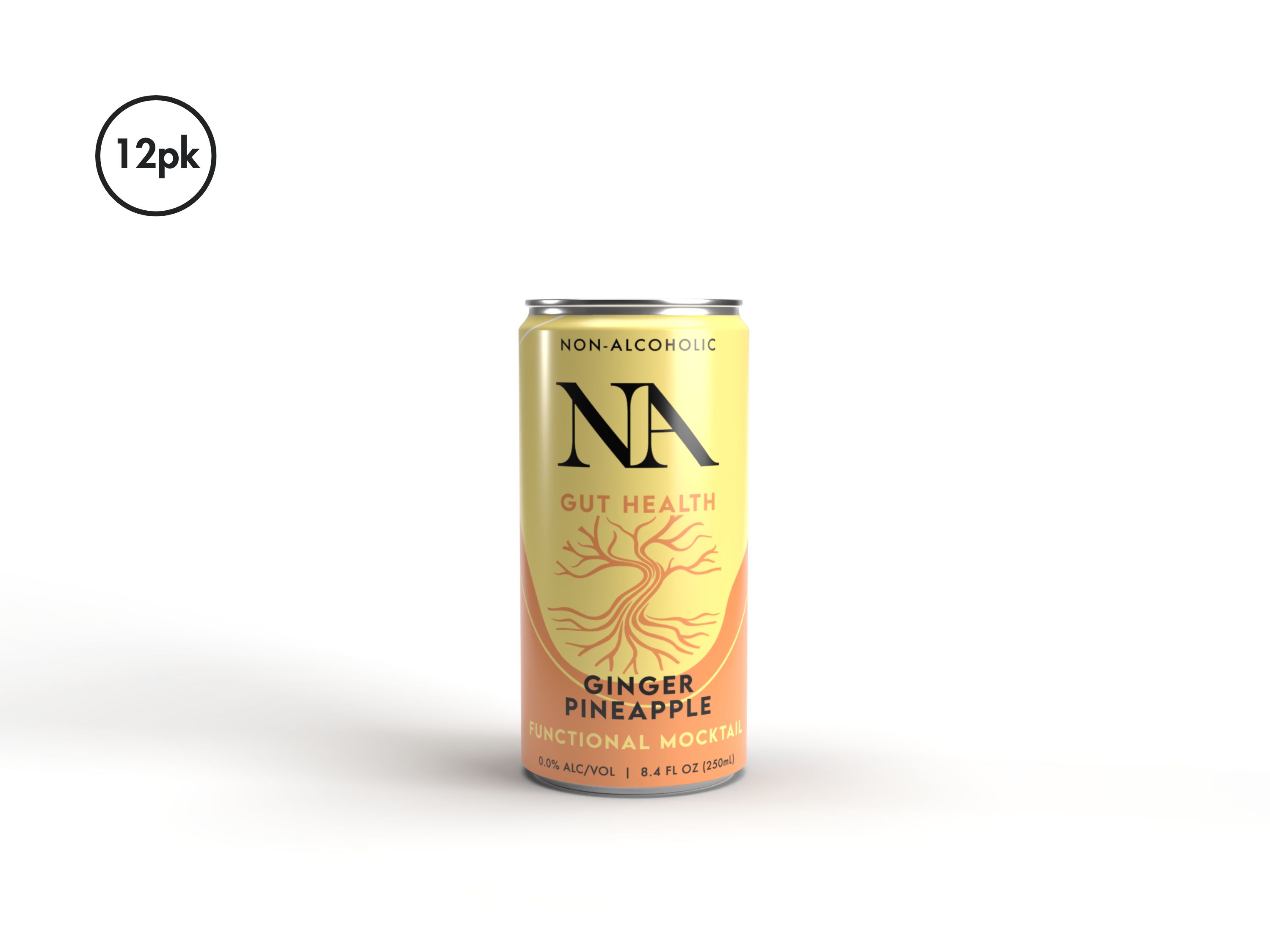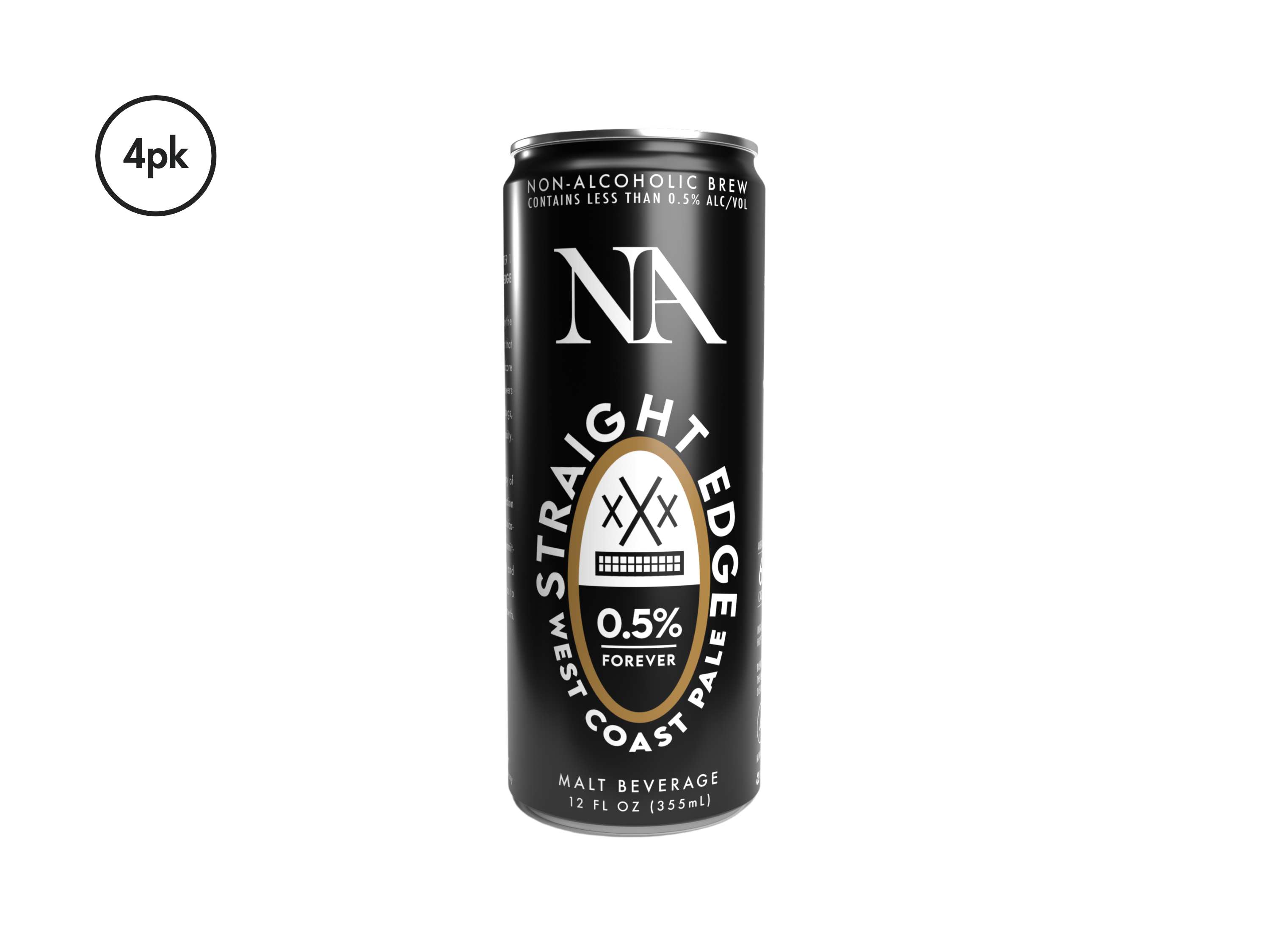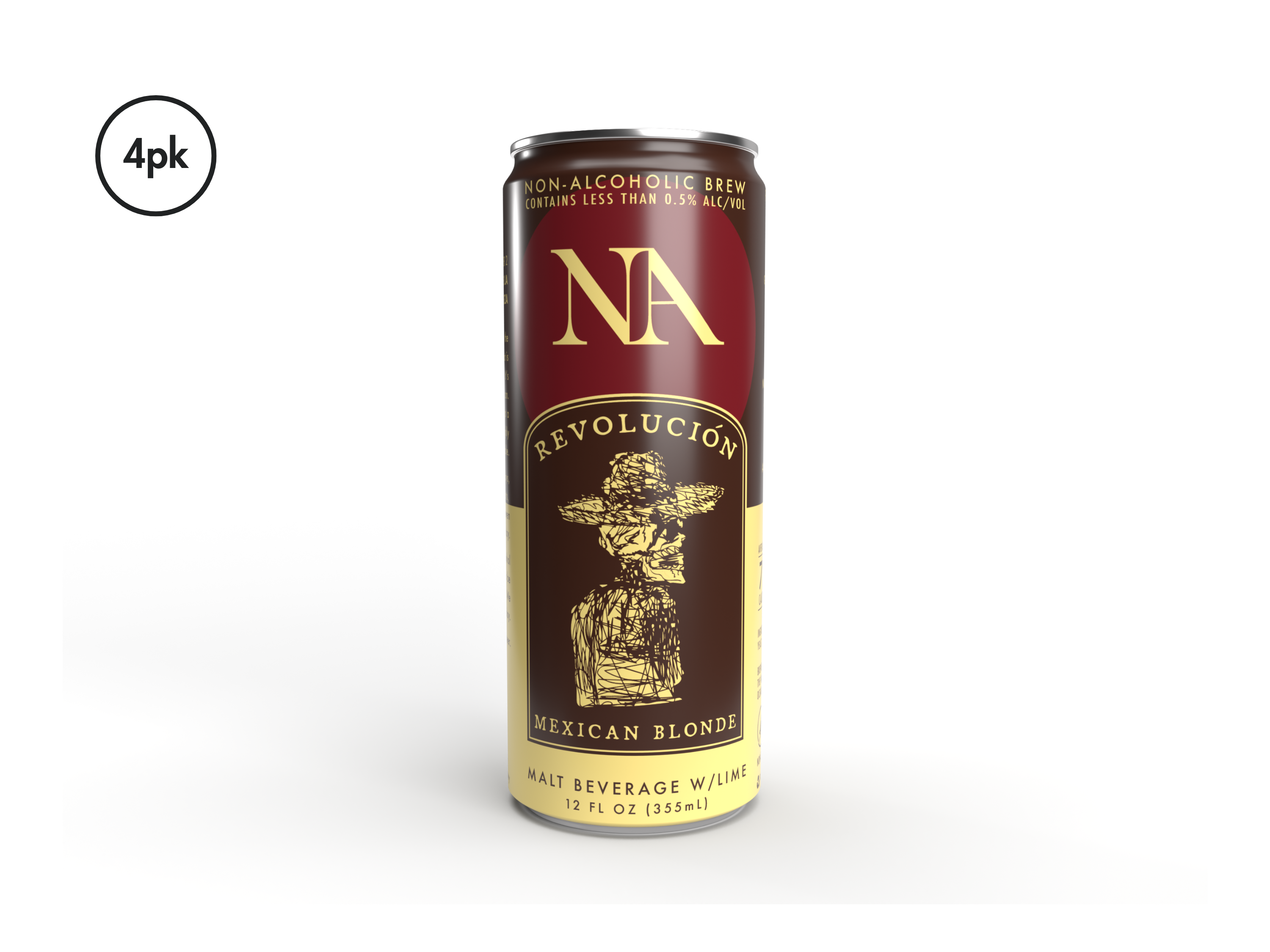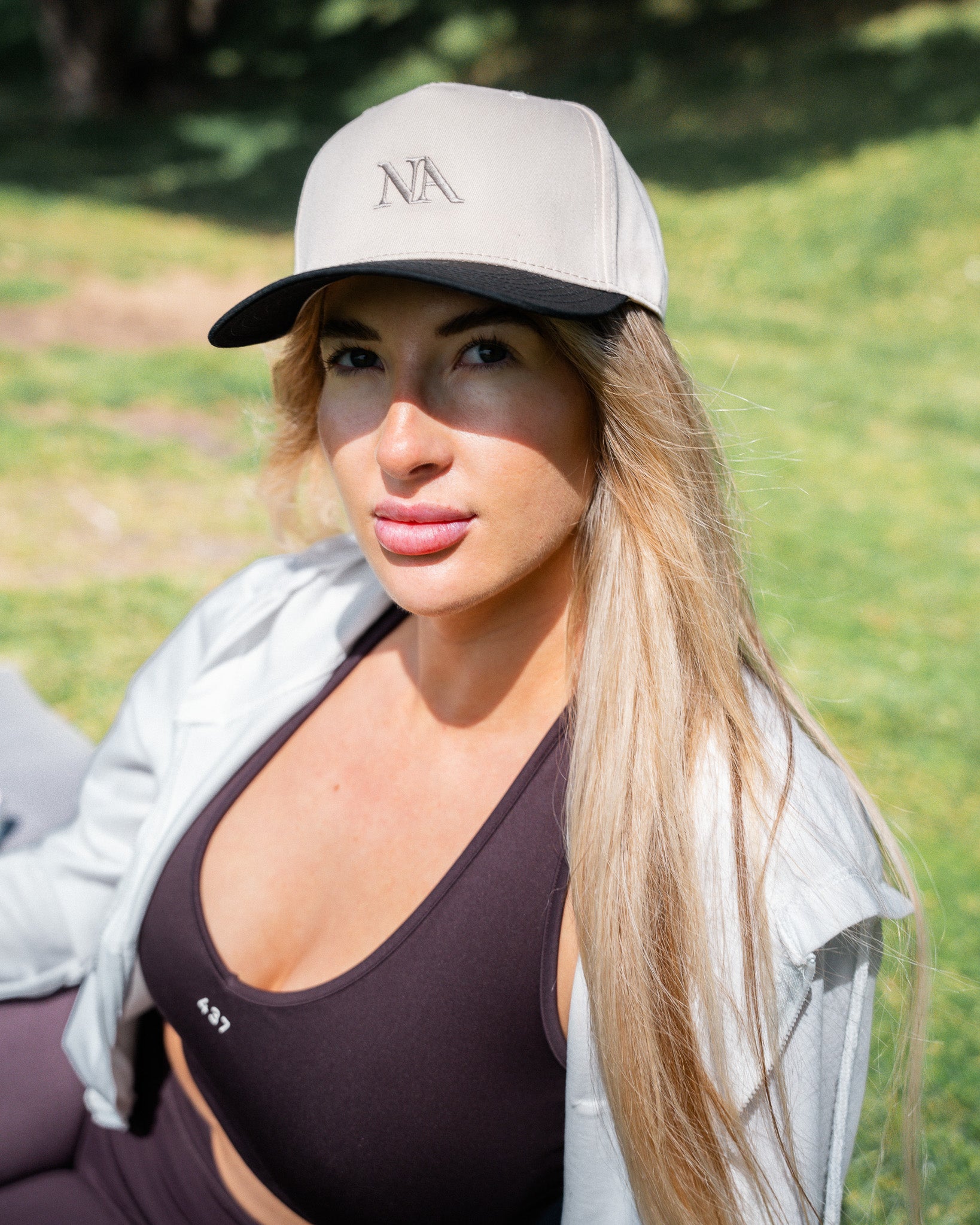Want to take a break from alcohol but don’t know how? Here’s what worked for me.
Taking a break from alcohol can feel daunting, but it’s also incredibly rewarding. The Dry January Challenge is the perfect opportunity to hit the reset button. Here’s a roadmap to help you get started and stay on track...
1. Set an achievable timeframe
A month is the sweet spot—long enough to notice real changes but short enough to stay committed. Anything shorter might not feel like a challenge, and anything longer can seem overwhelming.
2. Find a friend for accountability
Having someone on the same journey makes it easier. You can share wins, lean on each other when it's tough, and keep each other motivated. But don't let the hack of a partner hold you back —you can absolutely do this solo! Dry January health benefits alone can offer the drive you need.
3. Pick the right time
Let’s be real: it’s easy to put this off. Big events like weddings, trips, or parties can make it tempting to delay. But there’s never a perfect time. Commit to a month and stick to it. Once you decide, the excuses will fade. The advantages of Dry January and the duration of the challenge makes it a perfect time to commit.
4. Stock up on non-alcoholic options
Prepare for those moments when you’d typically reach for a drink. Swap alcohol for non-alcoholic beer, mocktails, or sparkling water. Whether it’s unwinding after work or socializing with friends, having alternatives on hand can make the transition smoother.
5. Embrace the challenge and celebrate the wins
It won’t always be easy, but the rewards are worth it. Notice the changes: better sleep, improved mood, sharper focus, and more energy. Each small victory adds up, so celebrate them and let your progress fuel your motivation.
6. Don't sweat the setbacks
If you slip up, it’s okay. This isn’t about perfection—it’s about progress. Dust yourself off, refocus, and keep going. Every day you stick to it is a win.
Ready to take the leap? You’ve got this.
P.S. How Dry January Changed My Life Forever
As 2021 came to a close, I found myself drawn to the idea of Dry January. After a booze-filled year, I was ready to detox. The world seemed to have overcompensated for lost time, with bars, concerts, sporting events, happy hours, and holiday parties in full swing. Everywhere I went, booze was flowing freely.
I’d had my fair share of questionable moments over the year, and Dry January felt like the perfect opportunity for a reset. I’d done it before, so I knew I could handle a month without alcohol. But this time, it felt different—like something divine was calling on me to try.
At first, I approached it the same way I always had, going through the motions and counting down the days. After all, I had consumed enough over the past year to feel like I needed a full detox! By the end of the month, I decided to celebrate with a long-anticipated alcoholic beer. But when I finally had it, I couldn’t even finish it. The experience felt flat, the taste unappealing. I’d looked forward to it for weeks, and yet, it just didn’t hit like it used to.
Over the following months, I gave alcohol a few more chances. Each time, my body rejected it. I recall drinking a single Hazy IPA that left me feeling foggy and out of sorts for days. The buzz I used to chase wasn’t worth it anymore. That was when it hit me—I didn’t need alcohol. It no longer fit into my life.
The longer I stayed sober, the clearer things became. I started noticing how deeply alcohol was embedded in our culture. At restaurants, half the menu was dedicated to alcoholic drinks. Grocery stores showcased aisles of wine and liquor as if they were staples. Even spaces meant for nourishment were selling the idea of getting me loaded.
Looking back, I realized how much of my drinking had been on autopilot. Dinner out meant a cocktail. A baseball game required an overpriced beer. Concerts called for a drink in hand. Alcohol wasn’t just a drink; it was an expectation. But as I began experiencing these same moments without it, I realized I didn’t need alcohol to enjoy them. In fact, I enjoyed them even more.
I felt sharper, more present, and more resilient. Slowly, I began to see alcohol for what it had been in my life—a crutch, a habit, and, frankly, an illusion of freedom.
It’s ironic. In my younger years, I thought drinking was rebellious, a way to push boundaries and feel free. Now, it seems the real rebellion lies in choosing not to drink. In abstaining, I found true freedom.
Dry January began as a detox and turned into something much bigger. It freed me from the grip of alcohol, allowing me to live life more intentionally and fully. I’ve learned that true freedom doesn’t come in a bottle. It comes in the choice to live authentically, without needing one.

